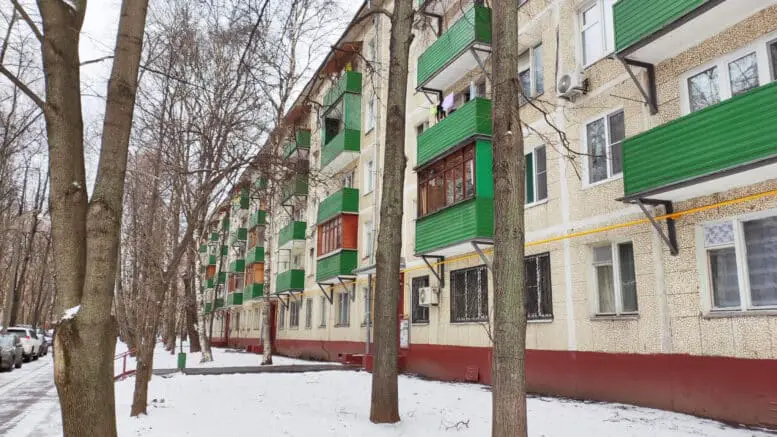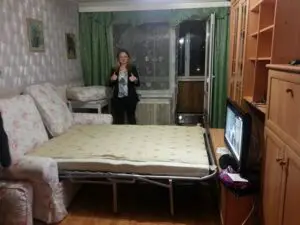The word for “landlord” in Russian is actually the same as the word for “host” – . Renting in Russia, whether apartments or rooms, comes with several legal and cultural peculiarities, especially for a foreigner in Russia. The following bilingual article will introduce you to some of them, as well as some Russian vocabulary you are likely to encounter on your .
Hover over the bold Russian to reveal its English translation.


SRAS discourages students studying abroad in Russia from renting apartments. First, students are eligible to stay in the dorms. The dorms are cheap and included in the cost of most SRAS programs already. The dorms are also an excellent way to integrate into student life. Second, students independently renting apartments are responsible for all legal aspects of their apartment and visa registration. These issues, as you will see below, are not simple. If you find yourself unable to remain in compliance with them all, there can be liabilities not only for you but also for your program and host university.
Thus, the below information is provided for those students who may be seeking to return to Russia independently after their program for or .
Renting in Russia: The Structure of the Market
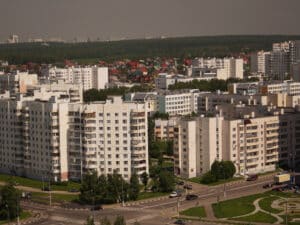
Low priced housing outside the center may be in a very large apartment complex. Many of these were hastily and cheaply built in the 90s as Moscow grew rapidly due to the economic and politcal disruptions of the time.
Apartment leasing companies in Russia are extremely rare (companies who own a whole building, for instance, and rent all apartments within it). Thus, people who want to or generally have to deal with the , either or .
Often, renters (also sometimes квартирант) and landlords, find each other via a website like cian.ru or thelocals.ru, which have long served the Russian market and are well known. However, many postings there are actually by and not all are actually .
If you are starting your search , you’ll want to come to Russia to see the apartment before making your final decision. Check the neighborhood, the condition of the building, and the actual condition of the apartment before signing the Never agree to rent a place .
If you’ll be looking from abroad, enlisting the help of an agent can be helpful. An agent can help you sort through listings, and, , can help you negotiate with the landlords. However, know that going through an agent is not cheap. The agent will usually charge you worth .
You may need to do some digging and you’ll probably need to visit several locations around town before you . Be prepared to find a hostel or hotel to stay in while you look (to ensure that you’ll have in time, see below).
Short- vs. Long-Term
Many foreigners seeking to rent in Russia are looking for a . However, most landlords in Russia expect a of a minimum of one year. So, one important question to ask is
If you are looking for something short term, you may be better off finding . For this, you might try a forum like RedTape.ru or Expat.ru, or which are frequented by foreigners and English-speaking Russians. You might also try AirBnB or Coachsurfing, which are both active in Russia. There is also a large facebook group devoted to finding roommates in Moscow.
However, again, the issue of registration remains – and these can be particularly complicated with short-term arrangements such as these. You need to be very sure that the owner of the property will be able to register you (see below).
Registration in Russia: The First Pitfall of Renting

Registration is now handled in new, modern, “single-window” government offices in Russia. However, you must go there with the registered owner of the property you are staying at.
All foreigners must register with the authorities in Russia. If you are an American, you’ll need to complete this process of arriving in Russia. Other nationalities can have different time lines. Failure to register results in a and one “strike” against you that can eventually lead to your being banned from entering Russia (usually after 2-3 “strikes”). If you are discovered to not have registration, you will be prevented from leaving Russia until you have paid your fine.
Even if you have received registration at a hotel or hostel – that registration is only good for your time at the hotel or hostel. It is cancelled as soon as you check out. You then have, as an American, another seven business days to register at your new location.
As you can tell, registration is important. So, make sure you ask about it.
Landlords often “unofficially” rent their apartments to avoid paying taxes on the income (which are a prohibitive 30%). Usually, when this happens, no contract will be signed and the landlord will usually avoid anything that might produce a paper trail. This includes denying a tenant the registration that is legally required. It is of the tenant to possess the registration and legally required of the landlord to provide it.
The registration must be done by the legal owner of the apartment. That is, it must be done by the person whose name is on the . If that owner lives abroad, as is not uncommon for properties in Moscow or St. Petersburg, this can be particularly complicated. In that case, they can give to a trusted individual, but that in itself is another legal process the landlord may want to avoid.
The registration process is completed at a “one window” government office called . It can also be technically done at the – but there is no guarantee that the registration will actually be completed if it is begun at the почта (which will only transfer the documents to another office on your behalf). Thus, it is recommended that you complete the process at a “Мои документы”. The specific process changes frequently, so be sure to get the most updated information.
Asking About the Cost

Of course, you can find all manner of apartments in Russia – it simply depends on what you are willing to pay.
A one-bedroom apartment rent in Moscow starts from about 25,000 rubles per month (~$350). This would be for a small apartment, outside the center, perhaps still in its original Soviet condition (or with some very basic improvements), and perhaps some distance from the subway. Inside the center, this price can double, triple, or more.
Rents in St. Petersburg start at about 15,000 (~$200). Outside the two major cities, it’s lower.
The deposit, which may or may not be , is usually one month’s rent. Keep in mind that, if you are using an agent, this means that you’ll need to budget for three month’s rent for the first month for the rent, deposit, and agent’s fee.
/ As a rule, and are paid separately by the tenant, according to , while . However, every situation will be different. Electricity and water bills are fairly similar across Russia, and can amount to 500-1,000 rubles (~$7-15) per month, while the heat bill can be 2,000 rubles ($30) or more. These costs tend to rise in ruble value substantially each year.
Sometimes landlords will pay the bills for you, but then expect you to – this is often true of landlords cautious of creating any paper trail showing that they have a tenant living at their property.
or В какое число нужно будет платить? You should agree on a single day every month.
This is a question you probably shouldn’t ask… as it will generally make the landlord suspicious about your credibility. Generally, an instance or two of slightly late rent with a good excuse, while damaging to the relations between a жилец and a хозяин, will generally be handled on a case-by-case basis.
What Condition is the Apartment in?
Assuming you’ll be arriving to Russia without furniture, these are likely to be important questions. Even if you plan on bringing or getting furniture, note that there is generally no service elevator. Russian apartment buildings often have only a very small elevator designed to carry no more than 2-3 passengers at a time or might not have an elevator at all. A tenant can to move his/her furniture in however, note that you will most likely be charged for each floor the movers will have to ascend.
As landlords often only own 1-2 apartments and rarely is an entire building owned by a single entity, there is usually no . Most Russians rely on the services of the ЖКХ (). Most neighborhoods have one of these, usually privatized, state-supported enterprises which grew out the Soviet system of handyman brigades charged with maintaining soviet housing stock. The landlord might also leave a for the tenant for such occasions. Often a landlord covers the expenses if the damages . If you are interested, you can find much more information on the history of Russian apartments and their upkeep here.
Most apartment units with more than five floors have a in the stairway. Often there are outside as well.
If you are planning on seeking roommates, you might ask: Depending on the visa status of your potential roommates, you may need the owner of the apartment to register them.
Other pertinent questions include:
Some landlords will not want you to and often it will not be allowed to , etc.
Most landlords will instruct you to smoke outside or on the balcony.
The Russian Culture of Tennant-Landlord Relationships
Finally, a foreign tenant should also realize that the relationship between tenants and landlords is often different in Russia. The whole concept of renting is a relatively new one for Russia, where until the 1990s, the state owned all housing.
Some landlords might expect to be able to , especially . Some may expect to maintain a personal relationship with a tenant, and often stop by for tea. Some may expect to retain some personal use over the space, to the extent that they might feel entitled to stop by and let themselves in to use the bathroom. Some may or may not abide by the rules spelled out in the contract or agreed to early on and insist on , often pointing to which they may have heard from friends and which may or may not have anything to do with the actual of the apartment you are renting in Russia.
Apartment hunters should keep in mind that many Moscow landlords will unabashedly racially profile prospective tenants. Many will not like to rent their places to tenants from Asia or the Caucasus, where most of Russia’s migrant workers come from. Some landlords may not be comfortable with black tenants. On the other hand, hosts are generally comfortable with Americans or people from other Western countries, as they consider such tenants and
Renting in Russia: Conclusions
Renting in Russia, especially as an arriving foreigner, is not a simple process. Make sure that you can be registered and that you are comfortable with the property, its location, and its landlord before agreeing to rent. Again, for students, SRAS strongly advises against renting in Russia – but for researchers and arriving professionals, this is a necessary process to prepare yourself for. Even if your hiring company will be assisting you, make sure that all these points are covered before you agree to the living situation.
This is all likely to be start of a grand adventure as head abroad to Russia! Be prepared for snags; be prepared to encounter to solve; and be prepared to just keep moving forward!
You Might Also Like
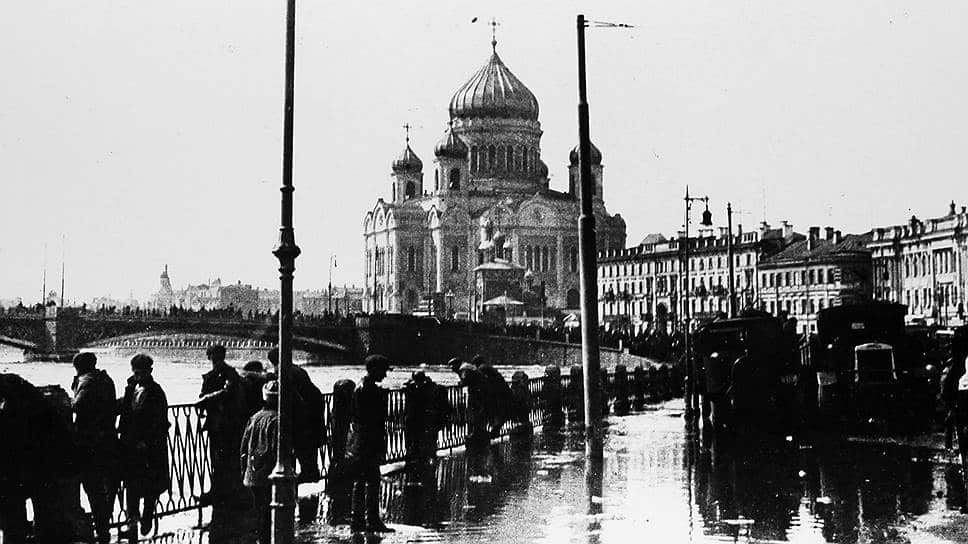
An Introduction to Russian Archives and Archives Abroad
Russian archives are an essential resource for anyone seriously studying Russia. Like any tool, however, one must first know how to use it. This brief…
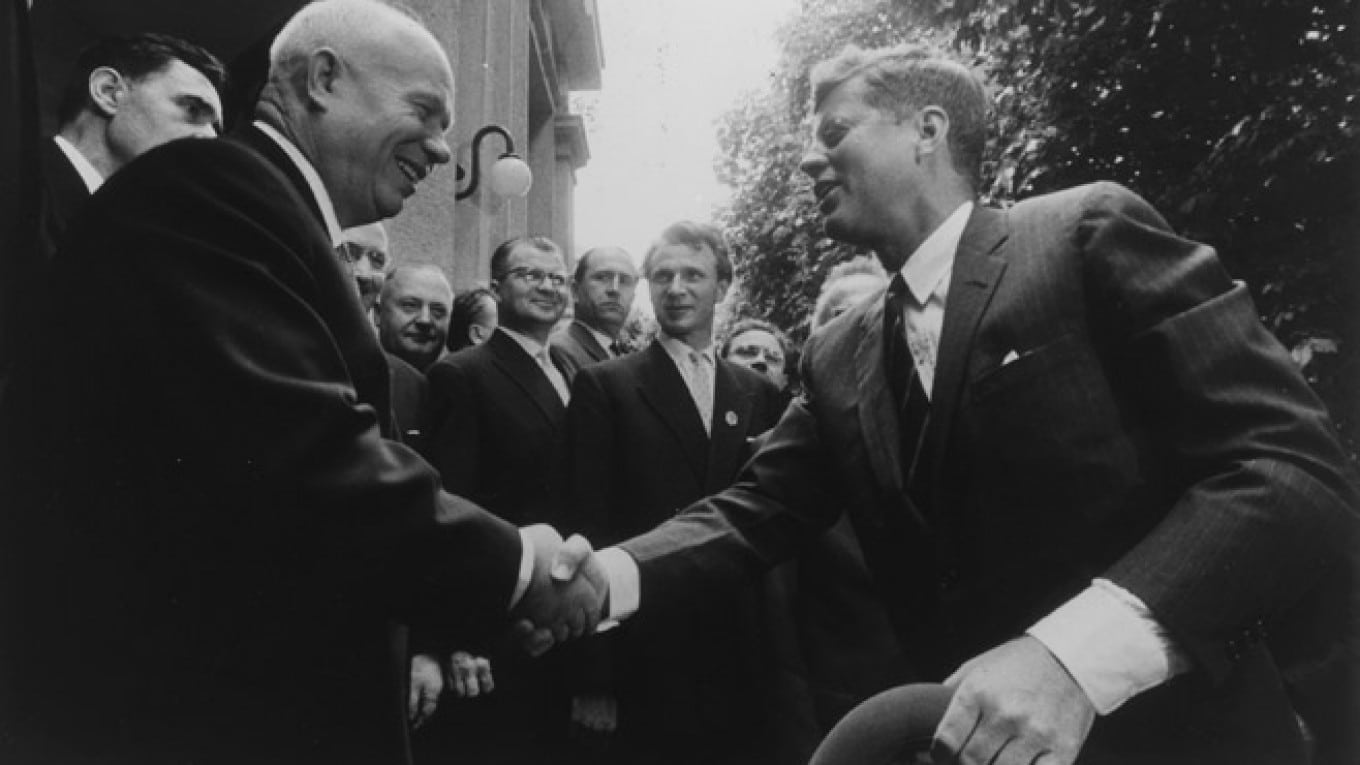
Russian MiniLessons: Холодная война – The Cold War
The following bilingual Russian MiniLesson is meant to build your vocabulary by providing Russian phrases within English text. Hover over the bold Russian to reveal…
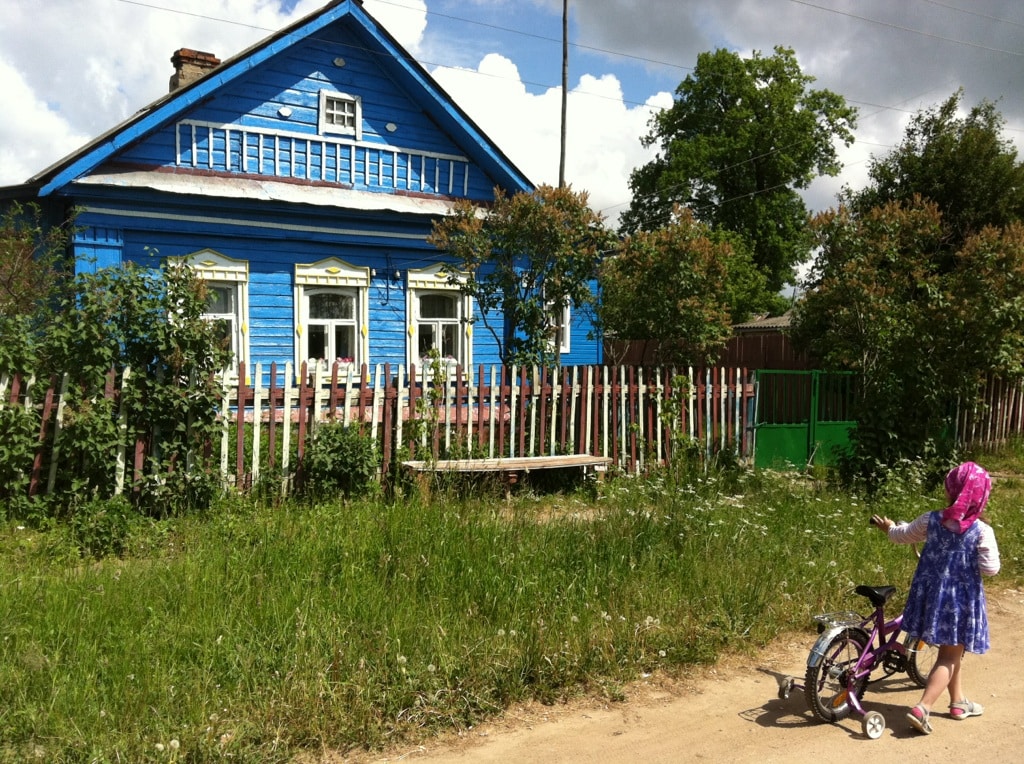
The Dacha in Modern Russian History and Legislation
The Russian word “дача” is often translated into English as “summer residence” or “cottage,” but the best translation is simply a transliteration to English: “dacha.”…


